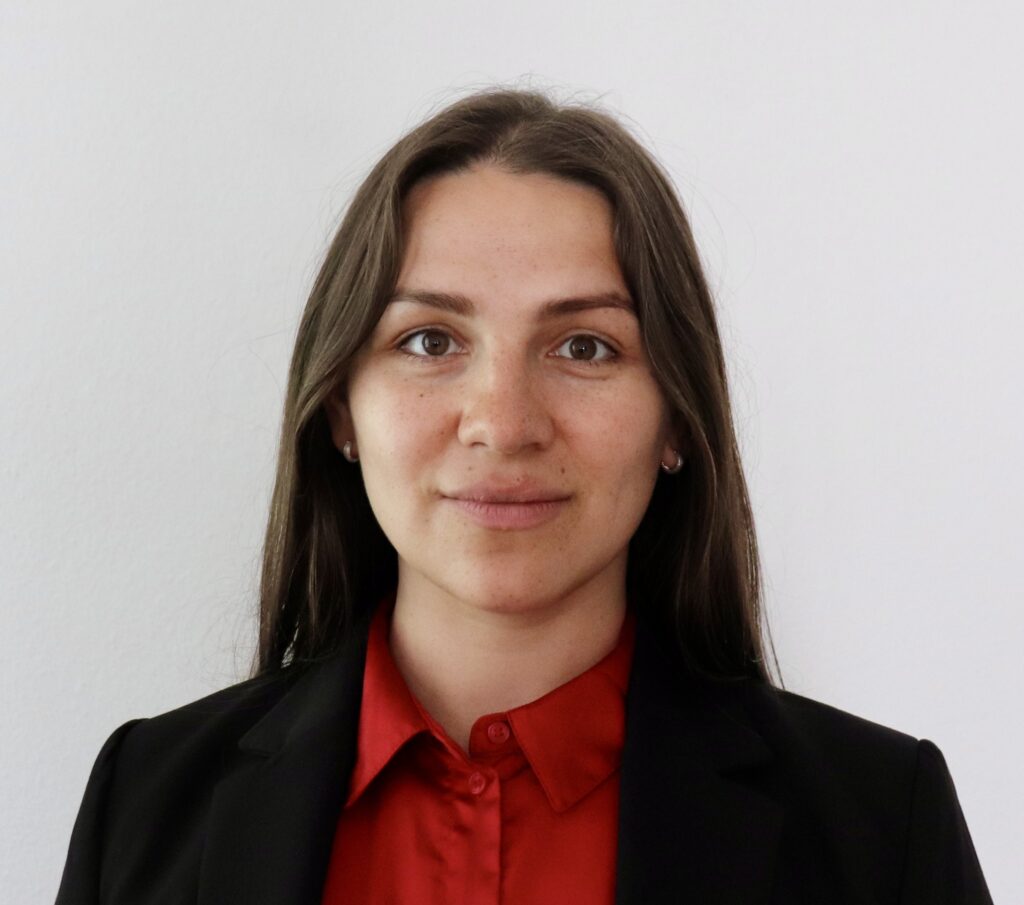Other Society Task Groups
Diversity, Equity and Inclusion Task Group
Recognizing that discrimination, racism and other forms of structural inequality are widespread issues in science, the Metabolomics Society is committed to fostering diversity and inclusion in all aspects of our organizational culture and activities. Productive, innovative and impactful scientific communities depend on a rich diversity of perspectives, backgrounds and experiences. It is essential that all members of our community feel welcome and secure and that all voices are heard and respected.
The purpose of this task group is to develop and promote strategies and best practices within the realms of racial, social, geographical, sexual and gender diversity. The DEI Task Group strategy will facilitate the Society’s mission to foster and sustain a diverse, equitable and inclusive metabolomics community.
Task Group Objectives:
- Collect, analyze and use data to ensure an evidence-based approach to addressing Diversity, Equity and Inclusion challenges within the Society
- Ensure appropriate policies and best practices that relate to Diversity, Equity and Inclusion are in place within MetSoc
- Inform and disseminate good practice Diversity, Equity and Inclusion policies and initiatives
- Maintain a culture within the Society that encourages and promotes Diversity, Equity and Inclusion
- Recognize and champion the achievements of a wide range of scientists from underrepresented groups
- Create opportunities for researchers from low- and middle-income countries
International Affiliations Task Group
The IATG facilitates contacts between the Society and regional networks across the globe. Our main role is acting as a central contact point for potential new affiliates to help with their organisation and talk through affiliation with the Society. We also organise a regional get together each international meeting and have helped with the organisation of super-networks (e.g. the pan-Pacific meeting, the European networks, etc).
View the list of International Affiliates of the Society here.
Industry Engagement Task Group (IETG)
The Industry Engagement Task Group (IETG) supports the Metabolomics Society’s mission by strengthening connections between the Society and professionals across government, industry sectors (including food, agriculture, pharmaceuticals, and cosmetics), academia, and contract research organizations (CROs).
Our mission is to increase industry representation within the Society by recruiting new members, encouraging industry participation at annual meetings, and fostering collaboration between sectors. We are committed to enhancing the diversity of voices and experiences within metabolomics through active industry engagement.
A key initiative within our mission is the Metabolomics Society Mentorship Program (MSMP), which connects students and early-career researchers with mentors from diverse professional backgrounds. This program aims to provide valuable insight into career opportunities and challenges across the metabolomics landscape.
Society Strategy Task Group
The Society Strategy Task Group aims to develop evidence-based strategic recommendations for presentation to the Society Board of Directors. The strategic recommendations are intended to promote priority setting for the Society, establish agreement around intended outcomes, and assure the Society is working toward common goals.







































